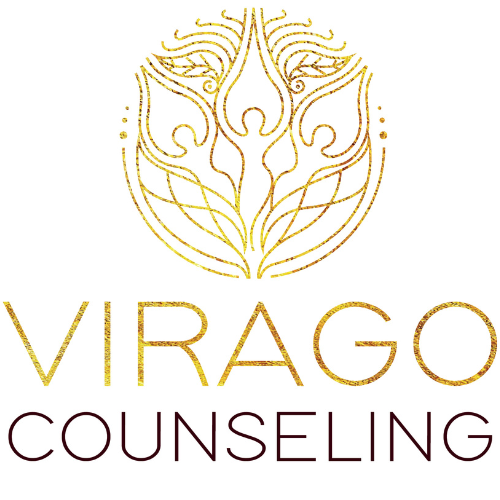
Therapy for women with traumatic stress
Online Individual therapy in Owings Mills & Across Maryland
Throughout DC | Virginia | Pennsylvania | Oregon
Do you feel like your experiences have left invisible scars that are difficult to heal?
The scars may be invisible, but the wounds run deep. From the physical to the emotional, you have carried burdens that no one else can fully comprehend. But know that you are not alone in this struggle. There is a community of strong, resilient women who have walked the same path as you.
I believe one of the bravest things we can do is begin to understand our stories. Our minds and bodies react to distressing life experiences in a defensive way. The human mind is uniquely designed to defend against the memories of scary events, yet sometimes those defense mechanisms end up causing ongoing pain, unnecessarily. Feelings of anger, shame, anxiety and depression can keep one stuck in an endless loop of suffering.
Maybe you’re noticing:
memories or thoughts about scary experiences that keep coming back, even when you don't want them to
feeling afraid or worried most of the time, or getting very scared suddenly, even if there's no real danger
hard to fall asleep or stay asleep, nightmares or bad dreams that wake you up feeling scared
avoidance of people, places and things that remind you of bad experiences and lead to upsetting feelings
risky behaviors like excessive drug or alcohol use, impulsive actions, disordered eating and unsafe sex
You deserve to live a life free from pain. You are worthy of healing and I can help.
Individual therapy for Women
Discover the amazing power of individual therapy for women with traumatic stress. We understand that tough experiences can deeply affect your life, making you feel overwhelmed and disconnected. But don't worry, you don't have to face it alone.
I am a Certified Clinical Trauma Professional who specializes in complex traumatic stress. My main priority is to establish a secure, non-judgmental, and encouraging atmosphere that enables you to feel acknowledged and affirmed. Through therapy, we can explore your experiences, process emotions, and develop effective coping strategies at your own pace.
Let's embark on a transformative journey, empowering you to fully engage in your life and prioritize self-care. Are you ready to integrate the wisdom of your body and emotions, guided by the expertise of a skilled therapist? Let's take the first step together.
What we’ll work on
Therapy for women with traumatic stress can help you:
Understand and make sense of traumatic experiences
Develop grounding strategies and learn how to stay present in the here and now, safely
Reconnect with your values, strengths, and goals
Rebuild healthy relationships, trust, intimacy, and a sense of belonging
Learn tools and techniques to help you manage distress, build self-care practices, and nurture a sense of empowerment and self-compassion
You are a brave, resilient woman.
I’M HERE TO SUPPORT YOU IN EMBRACING THAT.
FAQS
Common questions about therapy for women with traumatic stress
-
Traumatic stress is when something really scary happens, and it can make you feel sad, angry, tired, unsafe and have trouble concentrating. It can also make it hard to trust people and have healthy relationships.
-
Yes, traumatic stress can be passed down through generations, especially among BIPOC (Black, Indigenous, and People of Color) communities. This is known as intergenerational or transgenerational trauma. Historical events like slavery, colonization, or systemic oppression can have lasting effects on families and communities, impacting mental health and well-being.
-
The time it takes to feel better after traumatic event(s) is different for everyone. Some people may start feeling better in a few weeks or months, while others may take longer, even years. Remember, healing takes time, and it's important to get support from professionals and people who care about you.
-
Whether or not you need medication depends on what's right for you. Some people find medication helpful, while others prefer holistic approaches like massage/bodywork, nutrition counseling, acupuncture or acupressure, etc. Talk to a healthcare professional to make a plan that fits you.
-
Besides therapy, you can find support for traumatic stress in other ways. Joining support groups and/or group therapy, reading books such as The Body Keeps the Score, trying relaxation techniques like meditation or yoga, journaling, and staying active with movement can all help you feel better.

